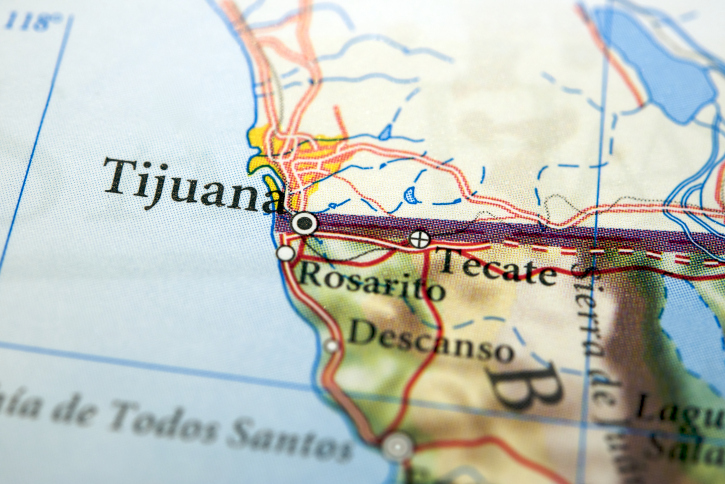Medical costs have risen sharply in recent years. Those seeking to have an elective surgery performed in the United States often find the procedures to be cost prohibitive. For such patients, having a procedure done ‘south of the border’ – for less than half of what it costs in the States – often seems to be very attractive.
Tijuana is just across the border from San Diego and has minimal entry requirements. Depending upon the procedure, one could theoretically head down, have the surgery performed, and head back home the same day with a minimum of travel, effort and expense. What could go wrong?
Mexico’s Physicians – A Mixed Bag
Properly licensed Mexican doctors are certainly capable of providing an adequate level of care and will usually offer services at far less than the cost of a comparable physician in the United States. Applicants for a medical license must complete four to five years of medical school and an internship and social service period that lasts for an additional two years. Specialty surgeons will spend years training to obtain specializations and sub-specializations.
Unfortunately, in Mexico there is a wide variance in the overall quality of medical care, ranging from world-class medical centers to underground offices staffed by “physicians” who are not really licensed but have paid off the local authorities to allow them to operate. Even if the physician is properly licensed, he or she may not have the correct equipment or environment in which to safely perform the procedure.
Researching a particular physician and medical center beforehand and selecting an experienced physician at a modern facility will minimize the chances of an injury occurring. However, even the best physicians do not always provide perfect levels of care and accidents do happen. Issues with medical tourism in a foreign nation arise when a problem occurs.
Medical Tourism vs. Proper Care
The problem with medical tourism is threefold. First, when an accident occurs, the patient will require follow-up care, which must be performed to a certain standard. An unlicensed or poorly skilled physician may not be capable of diagnosing the issue and taking the necessary steps to correct it. A patient who did his or her research beforehand will be more likely to have a physician capable of correcting the mistake, but it may require an extended stay abroad or frequent return trips to Mexico to treat the issue – whereas seeking medical attention locally allows a patient to not have to deal with constant border crossings or an extended stay in an unfamiliar country.
The next problem is an economic one. Medical tourism will save patients a few hundred to a few thousand dollars on any given cosmetic procedure. However, if a problem occurs, the patient will spend additional money on transportation, lodging, and possibly other doctors. These costs will easily exceed the initial savings, in addition to the added stress of the experience. Victims of medical malpractice will also have to take additional time off of work to receive treatment or heal. Saving a couple of thousand dollars up front is nothing if you run the risk of losing your job and spending even more money chasing down an appropriate treatment.
The final problem occurs when it comes time to obtaining compensation for your injuries. Foreign plaintiffs have several obstacles when it comes to obtaining damages for medical malpractice in a Mexican courtroom. The judicial system often does not work as it should; a judge may require a bribe, or simply dismiss a legitimate case for no identifiable reason. Under Mexican law, courts may not attach real property to satisfy judgments for foreign plaintiffs; if the negligent doctor has much of his or her net worth tied up in land, recovering damages may be impossible even with a fully cooperative judiciary and police force.
In the end, it seems that having cosmetic surgery performed in a foreign land, with laws contradictory to those in your native country, is just not a wise decision. Remember, any surgical procedure can go very wrong, from pulling an infected tooth to a tummy tuck. And wouldn’t you rather be close to the support system of family and friends if an emergency situation presented itself?
In summary, don’t put your life at risk. Don’t go to Tijuana for cosmetic procedures!
